In the beginning of the 20th century, among other art forms, the revival movement of the avant-garde also reached the domain of music. Lust for experimenting, rebelling, passionately wanting something new are all present in the works created in the era under the influence of this then-new style. József Balog, pianist awarded with the Liszt Ferenc Prize, takes the challenge at the upcoming concert, 100 years of avant-garde, at the 29th CAFe Budapest Festival to lead the audience through this exciting period in music history with the help of composers both from Hungary and elsewhere.
How do you perceive this special, unruly, even rebellious musical genre?
I think the more musical trends and periods a performer knows, the more he or she is able to interpret the one or other musical piece in an authentic way, as these masterpieces connect to each other over many centuries. Great composers combined the inherited tradition and the renewal in their works, like Beethoven was one of the biggest reformers in the history of classical music, yet nowadays we know him as part of the triad of the Viennese Classics. The 20th century experienced a boom of new musical ways developing from the old schools. Huge changes in the world, the speeding up of life, the collection of folk music, the influence of jazz, the conscious break-up with previous rules all had an enormous impact on the “classical” music of the last century. For me, decoding and credibly representing these musical dialects is a very exciting task.
Can you recall your first encounter with avant-garde music? What kind of experience was it?
Actually, even as a child I played Bartók’s Mikrokosmos, but of course, back then it was very hard to learn those rhythms and sound sets. It felt strange.
What do the pieces in this programme have in common? How did you choose them?
During my career as a pianist, I learned many-many pieces as part of my preparation for competitions and concert requests. After a while, the network connections simply started to draw themselves in my mind. The blocks of this concert also show that. The New Viennese School, the tone of Impressionism, the influence of folk music and jazz, dealing with piano as if it was a percussion instrument, the prepared piano movement, serialism, the full free avant-garde, the improvisational music, they all get to speak at this concert more or less.
Is there a historical difference between Hungarian and international avant-garde music?
I do not feel any difference. Of course, there are some dominating schools, but I consciously went for an international programme, so that the audience can see how artists inspired each other. Such a collection has incredible arcs, and it is stunning to see how composers could come to similar conclusions under the influence of a certain musical trend, even if they lived 1000 kilometres or 50 years apart.
The concert is also a world premiere: Gergely Vajda’s piece Accompaniment without Voice will be played for the very first time.
Yes, Gergő wrote this piece especially for me, which is a great honour. It is basically an impressionist work, with exciting annotations and a dodecaphonic sound set. It was a huge challenge to read and learn it, but even better to play! It is mood-music, spreading wings and flying through every part of the piano keyboard, like an accompaniment left without its song, which starts an individual life when getting out of its prison, but still dying in the absence of the song.
The recommendatory of the concert says that The Death of Schroeder by László Vidovszky is a source of extreme technical challenges. How can one perceive that?
No matter how modern a musical piece is, it is usually built up of phrases and breaks. In this piece, one has to play scales for 30 minutes. The actual event happens in the preparation phase. The “healthy” piano mutes and dies after 30 minutes, whereas stations of the sound lead us to the end result. This burning concentration without a pause is horribly fatiguing for the presenter. No matter how many times I play it, I experience catharsis all the time, and not only me but also the audience. I think László Vidovszky’s work is one of the most influential masterpieces of the 20th century.
How did the role of piano change in the time of the avant-garde, and if yes, how will this be heard in the pieces at the concert?
Its role changed a lot, however, the way this instrument is built up did not change at all, unfortunately. Piano went through an evolution during the 19th century, but since then we have been using the modern piano for 140-150 years already. That might explain the birth of the prepared piano movement. I would find an instrument that disrupts the 12-scaled music with its sound set extremely exciting. I guess that would be the next stage of development for the avant-garde. There have been such pursuits, but most of them stopped, or became parts of non-“classical” modern music.
What are your experiences about the openness of Hungarian audience toward such pioneering musical genres such as the avant-garde?
Understanding and sensing are very important points. Audience needs additional information and explanations, and you have to give them a credible interpretation if you want them to be credible listeners. A performance which is convincingly powerful and authentic can help the most to understand and enjoy this concert.
This concert sounds really intriguing – what exactly do you plan to give the audience to take with?
Time travel, interplays, discoveries, depth, virtuosity, catharsis…
Interview: Anna Rácz
Translation: Zsófia Hacsek

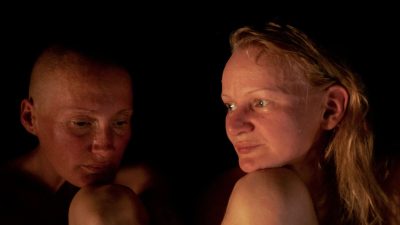
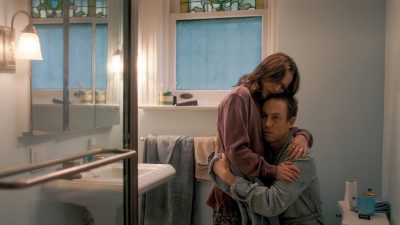
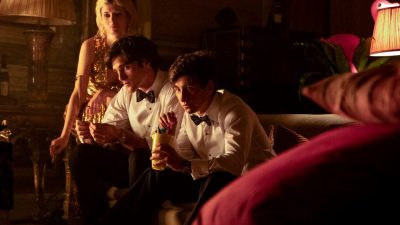
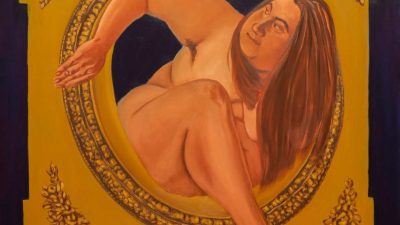
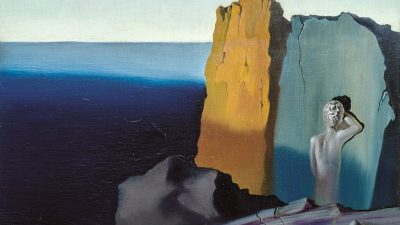
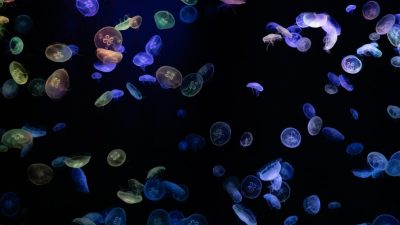


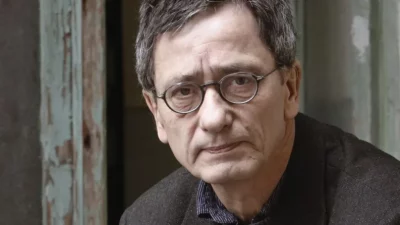



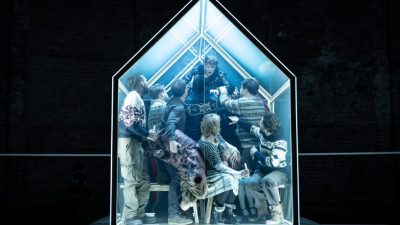
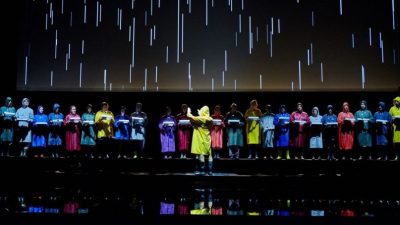


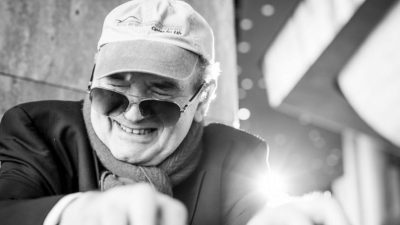


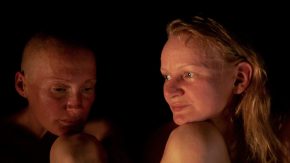

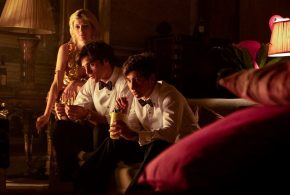
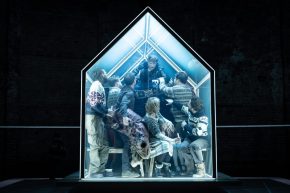

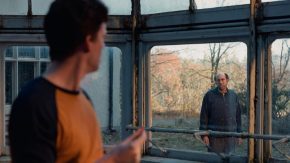
Comments